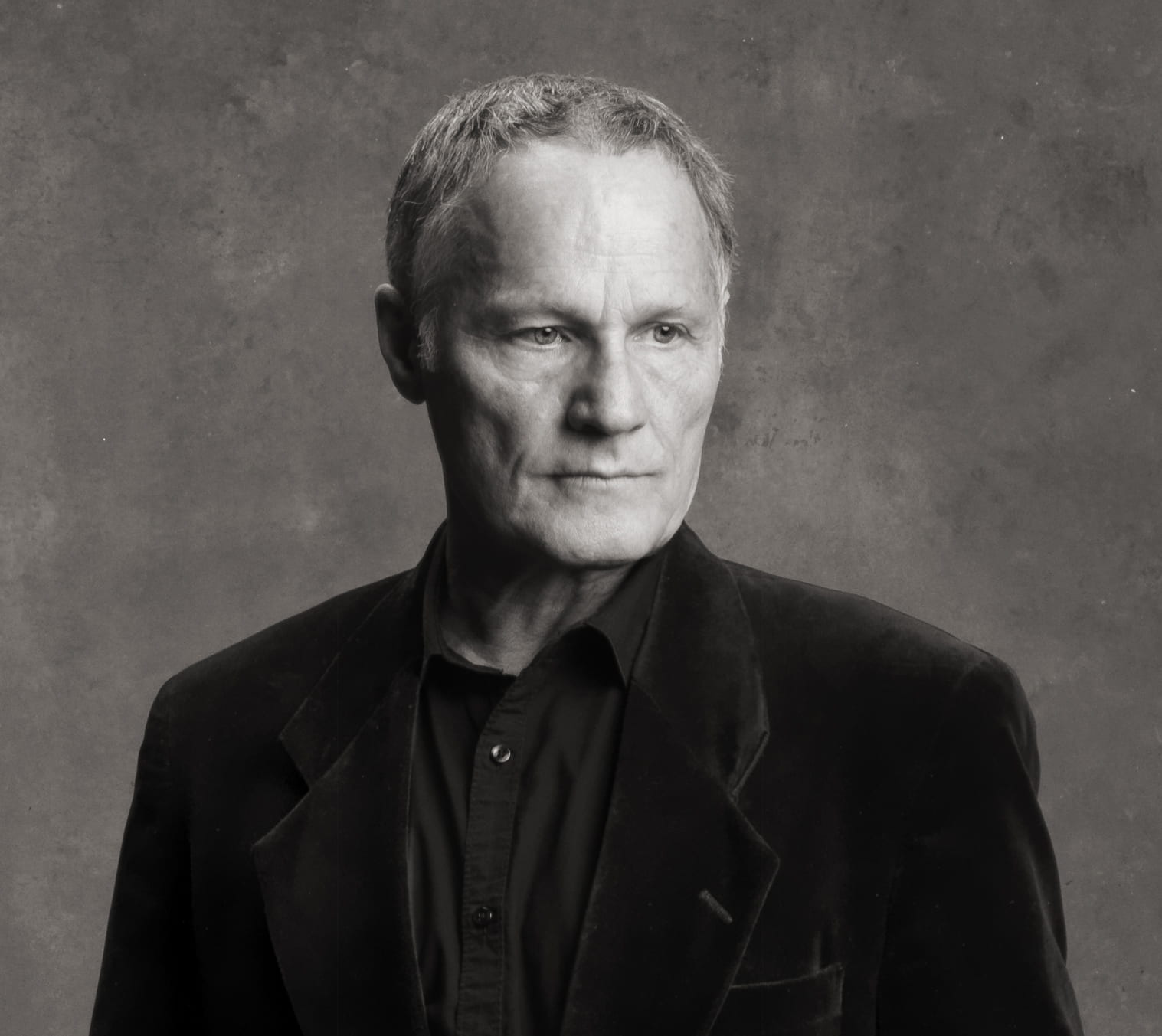Etel Solingen’s Nuclear Logics receives top book award in political science
‘Carrot and stick’ theory could help curb proliferation of nuclear weapons
Why have North Korea and China developed nuclear weapons, but not Japan?
With nuclear neighbors such as Iran, Iraq and Israel, why has Egypt remained nuke free?
Etel Solingen, UC Irvine political science professor, has a theory. In her most recent book, Nuclear Logics, she suggests world leaders who have opted out of the nuclear weapons race are more interested in integrating into the global economy than they are taking on the political, economic and other costs of acquiring the bomb. In short, nuclear weapons come with too high a price tag for some leaders.
“A crucial and underestimated variable in nuclear proliferation discussions is the role of the political economy of domestic ruling coalitions and their preferred models of political survival,” says Solingen, whose book has received the American Political Science Association’s 2008 Woodrow Wilson Foundation Award. The honor goes to the best book published in the U.S. on government, politics or international affairs. Her work also was recognized with APSA’s 2008 Robert Jervis and Paul Schroeder Best Book Award.
“Those countries whose leaders advance growth through openness to the global economy are less likely to pursue nuclear weapons than countries whose leaders promote inward-looking policies,” Solingen says.
She provides the logic for this argument in her book by linking economics and security to explain why East Asia and the Middle East evolved with such contrasting nuclear profiles. The theory, hailed as “valuable and timely” by former U.N. chief weapons inspector Hans Blix, has served as the topic of numerous panels at professional conferences.
“Few, if any, other scholars at the intersection of international relations and comparative politics possess Etel’s breadth and depth of insight,” says Mark Petracca, political science department chair.
Solingen is one of the world’s foremost experts on nuclear proliferation, an issue with potentially extreme consequences, and she lectures on the subject at research institutes worldwide.
Solingen is part of a project co-sponsored by Harvard University and the Chinese Academy of Social Sciences to promote collaboration between the U.S. and China.
She also participates in “Track II” meetings, which bring together academics, foreign government officials and policymakers for off-the-record discussions on ways to resolve regional conflicts and prevent the spread of weapons of mass destruction.
Most recently, she traveled to the Diplomatic Academy of the Russian Ministry for Foreign Affairs as part of the Northeast Asian Cooperation Dialogue. There, talks focused on dispelling tensions over North Korea’s nuclear program. She has participated in similar meetings sponsored by the University of California’s systemwide Institute on Global Conflict and Cooperation and served as the institute’s steering committee chair for the past four years.
Now, she is leading a Carnegie Corporation-funded project to determine how effective positive incentives and negative sanctions might be in preventing nuclear proliferation. “In general, it’s important to provide ‘carrots’ that help those interested in opening up to the global economy and ‘sticks’ that punish rogue government agencies. However, the devil is in the details, which is what this project hopefully will help uncover.”
Solingen will speak about her work on international relations and nuclear proliferation at the 2008-2009 Social Sciences Dinner Club series Thursday, Oct. 23, at the University Club. For more information, contact Kathleen McDonald, 949.824.1659 orkmcdonal@uci.edu.
